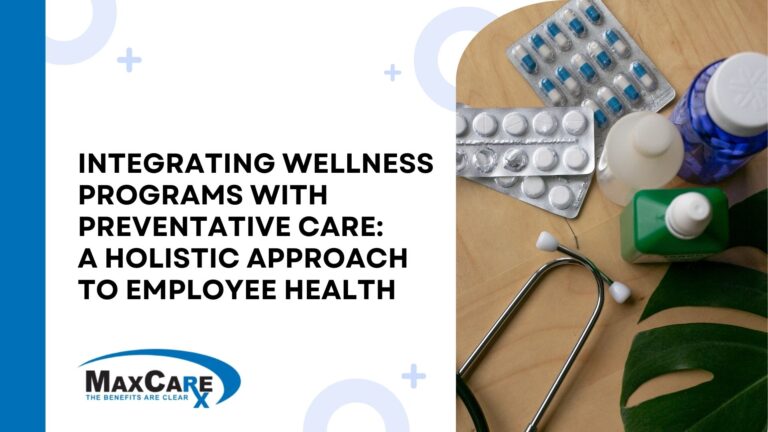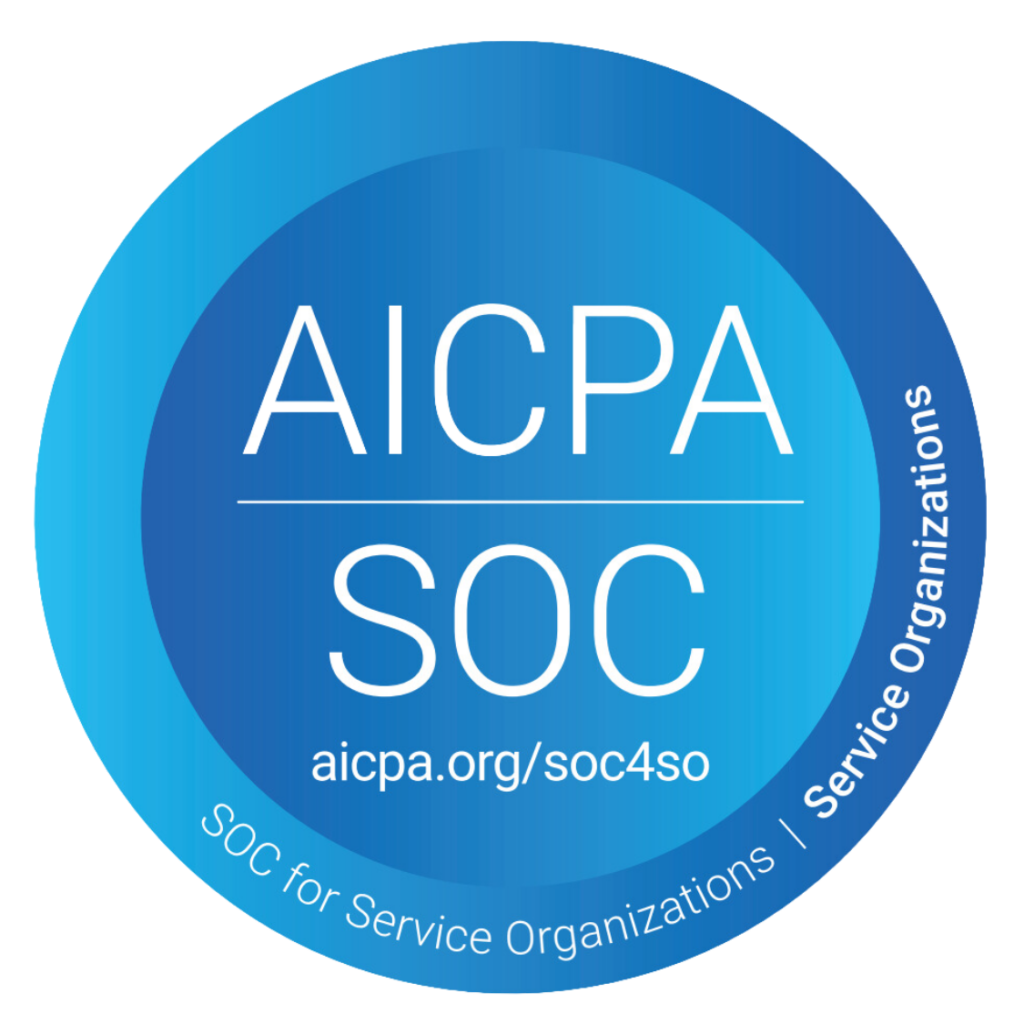Chronic diseases have become a significant health concern in the modern workplace, affecting millions of employees and resulting in substantial healthcare costs for employers. These conditions, such as diabetes, asthma, hypertension, and behavioral health issues, not only impact the well-being and productivity of employees but also pose a financial burden on organizations. However, by leveraging pharmacy benefits effectively, employers can play a pivotal role in managing chronic diseases, improving employee health, and reducing overall healthcare costs. Let’s explore strategies for managing chronic conditions through prescription drug benefits, highlighting the profound impact on both employees and their organizations.
The Impact of Chronic Conditions on Employee Well-being
Chronic diseases are a leading driver of healthcare costs, both for individuals and organizations. The expenses associated with managing chronic conditions include doctor visits, hospitalizations, medications, and other treatments.
Chronic diseases, characterized by their long-lasting and often progressive nature, significantly affect the lives of those who suffer from them. When these conditions strike employees, they can experience a range of physical, emotional, and social challenges that impact their overall well-being. For employers, these costs can add up quickly, impacting the bottom line and diverting resources that could be better invested in other areas of the business. Addressing this ongoing challenge requires a multifaceted approach.
Reduced Quality of Life Due to Chronic Conditions
One of the most significant consequences of chronic diseases is a reduced quality of life. Conditions like diabetes, asthma, and COPD can lead to ongoing symptoms, pain, discomfort, and a diminished ability to enjoy life to the fullest. The continuous struggle against these ailments can also take a toll on an employee’s mental and emotional health, causing considerable distress.
Impaired Productivity and the Chronic Disease Connection
Chronic diseases can also take a toll on workplace productivity, creating a direct link between employees’ health and their ability to perform effectively on the job. Employees dealing with chronic conditions may require frequent medical appointments, hospitalizations, and time off work to manage their health. This absenteeism and presenteeism—when employees are at work but not fully productive—can result in reduced efficiency, decreased output, and a less optimal work environment.
Lowering Healthcare Costs Through Chronic Disease Management
The benefits of effectively managing chronic diseases extend beyond employee well-being; they also have a significant impact on overall healthcare costs. Here’s why an emphasis on chronic disease management can lead to substantial cost savings for employers.
Reduced Hospitalizations: A Key Cost Saver
One of the most substantial cost savings comes from a reduction in hospitalizations. When employees with chronic conditions are actively managing their health through medications and preventive care, they are less likely to experience severe exacerbations that require costly hospital stays. Preventing hospitalizations not only reduces direct medical expenses but also lowers the indirect costs associated with employee absenteeism and decreased productivity.
Lower Emergency Room Visits: Cost-Effective Care
Emergency room visits can be expensive, particularly when they result from uncontrolled chronic conditions. By proactively managing chronic diseases, employees can avoid emergency room visits and instead receive appropriate care in outpatient settings, reducing healthcare costs significantly. This shift from costly emergency care to more cost-effective outpatient care contributes to overall healthcare savings.
Decreased Medication Waste: An Economic Benefit
Medication non-adherence is a common issue among individuals with chronic diseases. When employees do not take their medications as prescribed, it can lead to medication waste and the need for additional prescriptions. Chronic disease management programs help improve adherence, reducing medication waste and associated costs. By ensuring that employees take their medications as directed, employers can optimize the value of their pharmacy benefits and minimize unnecessary expenses.
Enhanced Employee Productivity: The Financial Impact
Improved management of chronic diseases leads to healthier, more productive employees. When employees are actively engaged in their health and have access to necessary medications and support, they are more likely to stay on the job and contribute fully to their organizations, reducing the financial impact of absenteeism and presenteeism. This boost in productivity not only benefits the bottom line but also creates a more positive work environment.
The Role of Pharmacy Benefits and Power of Prescription Medications in Chronic Disease Management
Recognizing the far-reaching consequences of chronic diseases, organizations are increasingly focused on managing these conditions to promote employee well-being and control healthcare spending. Prescription drug benefits play a pivotal role in this endeavor.
Many chronic conditions require ongoing medication management to control symptoms, prevent complications, and improve the quality of life. Prescription drugs play a pivotal role in this regard, as they can help employees manage conditions like hypertension, diabetes, and asthma effectively. They can also reduce the need for hospitalizations and emergency care, ultimately lowering healthcare costs.
Pharmacy benefits, often included in employee health plans, provide access to essential medications and can significantly impact the management of chronic diseases. These benefits encompass a range of services, including prescription drug coverage, medication therapy management, and adherence support.
Leveraging MaxCare’s RxEvolution Program
In the pursuit of effective chronic disease management, employers can turn to comprehensive programs like MaxCare’s RxEvolution. This innovative program is designed to support plan sponsors and their members in managing a wide range of chronic illnesses, including diabetes, asthma, COPD, hypertension, behavioral health, and opioid management. At the core of MaxCare’s RxEvolution solution is their relationships with and confidence in local community pharmacies to provide enhanced member engagement. This collaboration results in better overall outcomes for members and their employers.
A Holistic Approach: Customized Care for All
RxEvolution takes a holistic approach to chronic disease management, recognizing that each employee’s journey is unique. The program combines clinical expertise, data analytics, and technology to provide personalized care plans tailored to each member’s specific needs.
Medication Therapy Management: Precision and Adherence
One of the cornerstones of RxEvolution is Medication Therapy Management (MTM). This service ensures that employees receive the right medications at the right time, in the right doses. MTM promotes medication adherence, helping employees stick to their treatment plans and achieve better health outcomes.
Behavioral Health Support: Addressing Emotional Challenges
Chronic conditions often have a psychological component, and mental health plays a crucial role in overall well-being. RxEvolution offers comprehensive behavioral health support to address the emotional challenges associated with chronic diseases, such as anxiety and depression. By addressing the psychological aspects of chronic conditions, the program helps employees better cope with their health challenges and improve their overall quality of life.
Opioid Management: A Responsible Approach
The opioid crisis has become a major public health concern, and its impact on employees cannot be understated. RxEvolution includes strategies for responsible opioid management, helping employees who may be at risk for opioid misuse or addiction. By providing the necessary support and resources, this aspect of the program aims to protect employees from the dangers of opioid dependency while ensuring they receive appropriate pain management when needed.
Data-Driven Insights: Informed Decision-Making
RxEvolution leverages data analytics to provide plan sponsors with valuable insights into employee health and medication utilization. This data-driven approach allows employers to make informed decisions, identify trends, and continually improve the management of chronic diseases within their workforce. By closely monitoring the effectiveness of chronic disease management strategies, employers can fine-tune their programs and optimize healthcare outcomes while reducing costs.
Conclusion
By leveraging pharmacy benefits and comprehensive programs like MaxCare’s RxEvolution, employers can take proactive steps to manage chronic diseases effectively. The result is healthier, happier employees and reduced healthcare costs for organizations. As the importance of chronic disease management continues to grow, it is clear that investing in employee health is not only a compassionate choice but also a financially savvy one.
In summary, managing chronic diseases through prescription drug benefits is a win-win strategy, benefiting both employees and organizations alike. By prioritizing chronic disease management, employers can enhance employee well-being, boost productivity, and lower overall healthcare costs. It is a strategic approach that ensures a healthier, more productive workforce while simultaneously reducing the financial strain associated with chronic diseases.



